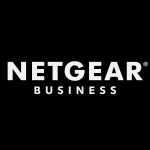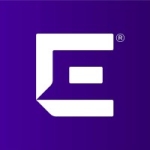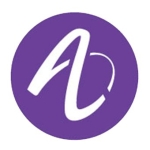What is our primary use case?
I am an engineer and work primarily with our data center network and data center security. The Nexus switch is a data center switch and I have a lot of recent experience with it. My company is a solution provider and this is one of the products that we sell to our clients.
What is most valuable?
The 9000 series works really well in the spine-and-leaf architecture and gives you capabilities up to 400 gig.
The most valuable feature is performance. Not many customers are using the 400 gig speed yet, but you do have flexibility as if you're going to run the ports at 10 gig, 40 gig, or 100 gig. That port flexibility is really important.
What needs improvement?
There is an ongoing problem with the limitation of the TCAM table, which is that it doesn't have enough memory to allow you to be really granular with your policy. Without enough memory, it requires manual manipulation if you exceed or get near to the TCAM limits. They have improved it, but in the early days, it took down some companies.
For how long have I used the solution?
I have been using Cisco products for many years and have experience with the Nexus line since it was first released.
Buyer's Guide
Cisco Nexus
December 2025
Learn what your peers think about Cisco Nexus. Get advice and tips from experienced pros sharing their opinions. Updated: December 2025.
879,425 professionals have used our research since 2012.
What do I think about the stability of the solution?
These switches are very stable.
What do I think about the scalability of the solution?
The spine-and-leaf architecture is very scalable. If you need more ports to plug servers in, you add more leaves. If you need more throughput then you add more spines.
All of the switches at the top are the spine, and those plug into those are the leaves, and then the servers plug into the leaves. It's highly scalable, because if you have more servers then just purchase two more switches. If you need more throughput and better performance, then you just purchase two switches for the spine. You can continue to scale out the model very simply.
Which solution did I use previously and why did I switch?
The Nexus 9000 platform is by far the best-selling and most popular, and there are a couple of reasons for that. It's less expensive than a 7K or 5K solution and in fact, we hardly sell the 5Ks anymore. The 9000 really works well in the spine-and-leaf, which is the current architecture.
How was the initial setup?
The initial setup is really straightforward and if you use ACI, running on top of the Nexus 9K, you don't really have to do anything but plug the switches in. The software manages all of the policy.
Without ACI, setup requires the use of the command line, which is the same as it's always been.
What about the implementation team?
The maintenance can be handled by one person or a small team.
What's my experience with pricing, setup cost, and licensing?
The Nexus 9000 is very competitively priced.
What other advice do I have?
The Nexus Dashboard is a relatively new product that is in the portfolio for the data center. It hosts the multi-site orchestrator and has functionality for self-healing and self-optimizing of the data center network. It's Nexus' best work.
My advice for anybody who is considering this solution is that if you're looking to cut costs in the data center, there's not that big of a difference between a Cisco switch and other switches. But, when it comes to things like storage, between the most expensive and the least expensive, there's a lot of different pricing in there. So, I wouldn't cut costs on your switches. I would suggest looking at other areas where you can cut costs.
I would rate this solution a ten out of ten.
Disclosure: My company has a business relationship with this vendor other than being a customer. partner











